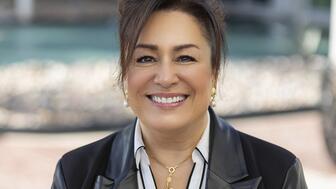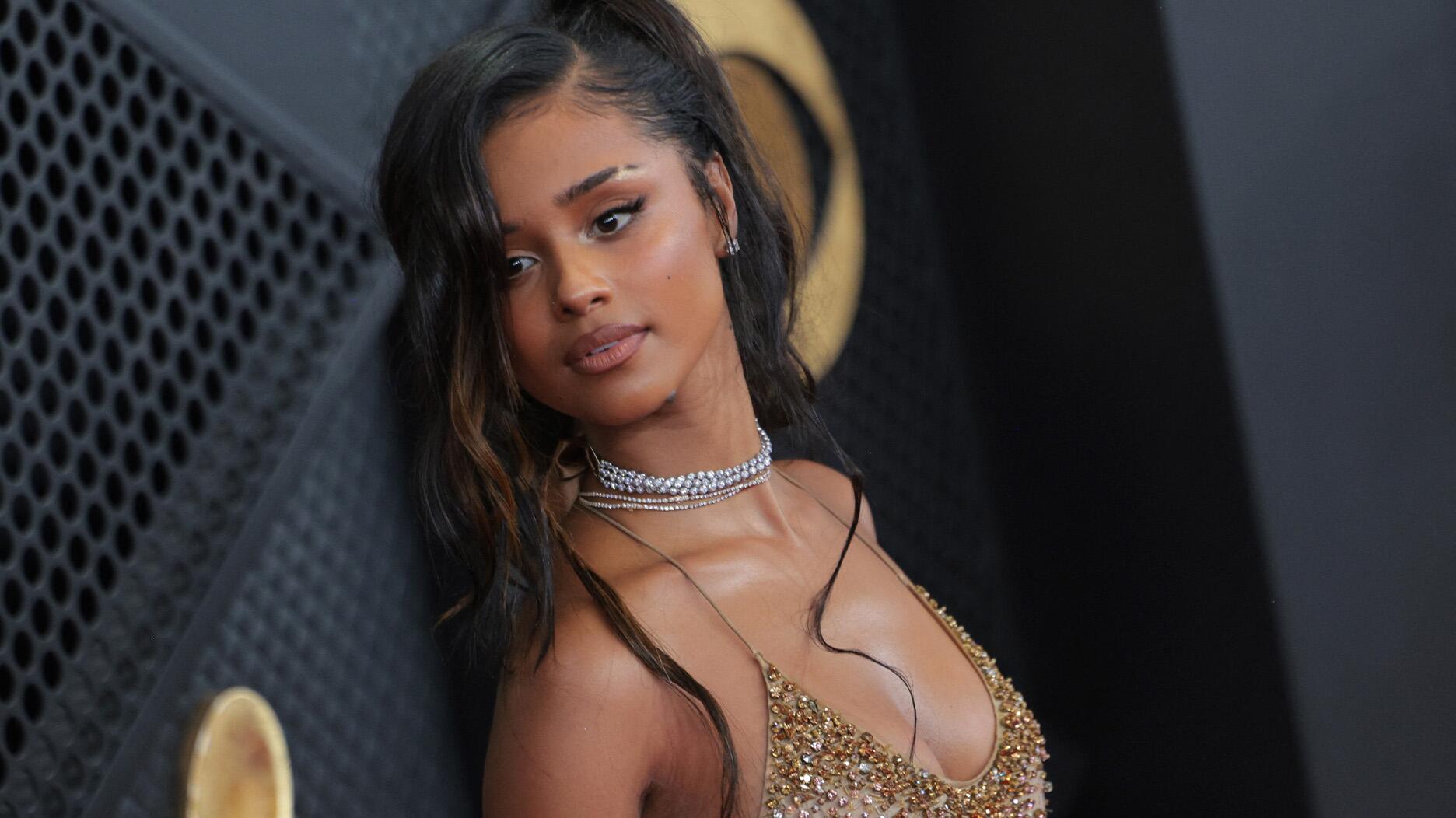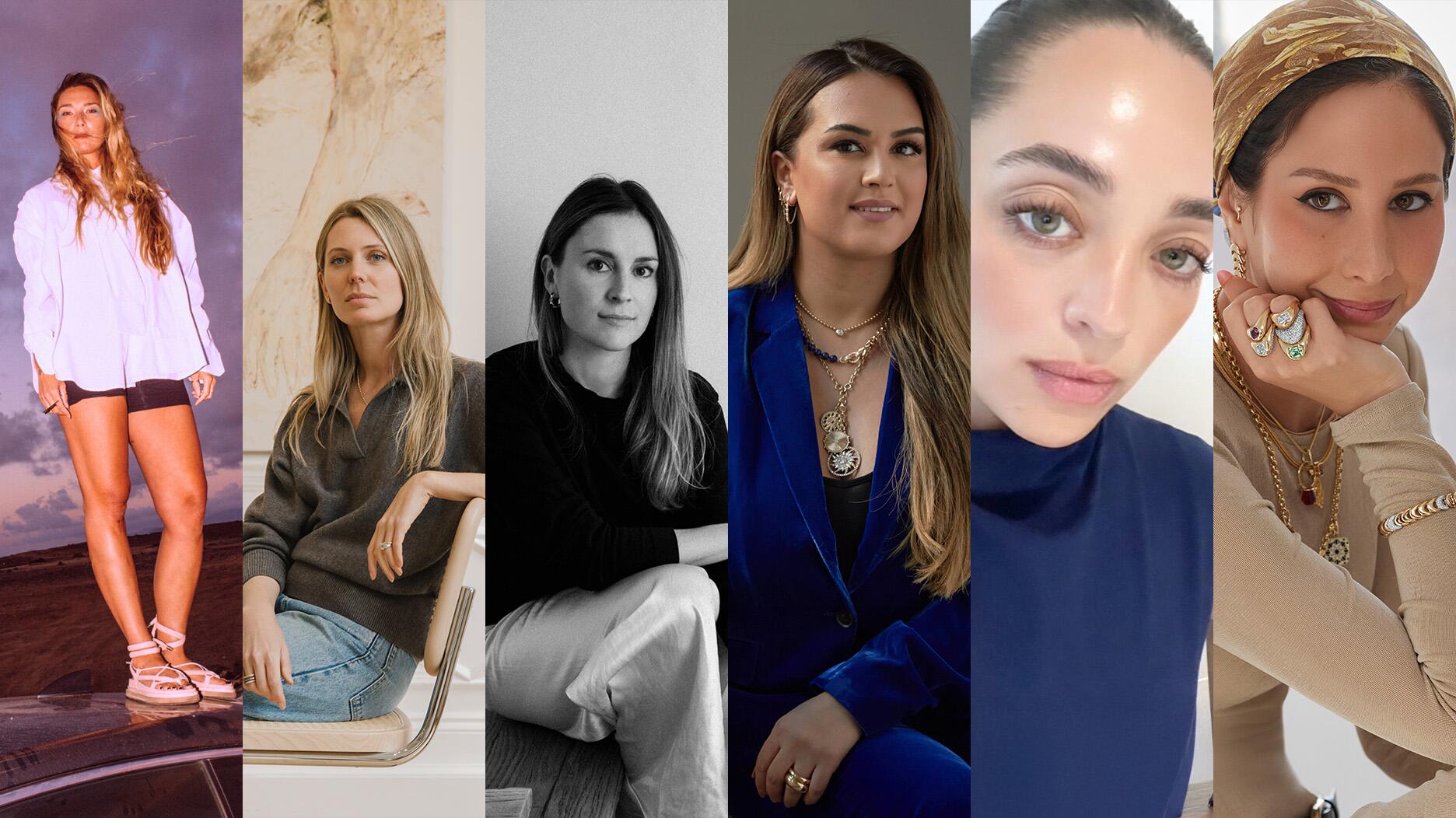What’s Next for Pandora
From its sustainability efforts to its direct-to-consumer focus, here’s what the Danish jewelry brand has in the works.

It’s not a particularly useful skill outside of earnings season, but I keep it in my back pocket and will surely be seen as a financial genius should anyone ever ask me on the fly.
The more interesting thing about following Pandora so closely has been having a front-row seat to the Danish jeweler’s recent evolution.
In May, Pandora completed its two-year “Programme Now” turnaround plan, which focused on stabilizing its topline, increasing brand relevance and access, and reducing costs.
It’s now in the middle of a new strategy, dubbed “Phoenix,” that is focused on sustainable growth and attracting new, younger consumers.
Here’s what that entails.
Pandora is doubling down on digital and direct-to-consumer selling.
The shift from traditional to online shopping has been years in the making, and was merely accelerated, not caused, by the COVID-19 pandemic.
From cars to jewelry, fewer consumers find the idea of making expensive purchases online daunting, particularly younger shoppers.
In its most recent quarter, Pandora’s online sales nearly tripled when compared to pre-pandemic 2019, up 179 percent year-over-year.
Pandora’s “click-and-collect” program—its buy online, pick up in store service—gained traction in the United States, accounting for 13 percent of U.S. online sales.
The numbers are a result of its investment in driving online traffic, including email marketing, and trying out new platforms in the U.S. like TikTok and Twitch, a live-streaming video service normally used for video games.
In fact, around one-third of all Google searches for branded jewelry are for Pandora, said the company.
Direct-to-consumer shopping is where it’s at for Pandora, with 75 percent of its transactions stemming from this channel.
To grow this number even more, Pandora plans to leverage its valuable customer data.
Its current consumer data comprises more than 500 customer segments. Using predictive analytics, it has 18 use cases developed and scaled.
Looking to collect even more data, the company introduced a loyalty program in China, which will roll out in 2022.
That data will be used to craft a more personalized experience tailored to each individual customer.
“Our focus is to use technology to create deeper, more connected relationships with our customers,” said Pandora in a presentation.
Pandora is prioritizing sustainability.
The jewelry company has announced quite a few sustainability initiatives in recent months.
It plans to cut its greenhouse gas emissions by 50 percent by 2030 by way of an ambitious decarbonization plan that spans its own operations as well as its entire supply chain and business partners.
“We have a clear line of sight as to how we will achieve most of our emission reductions, but we also realize that we do not yet have all the answers,” Pandora CEO Alexander Lacik said in a press release about the initiative.
“We will call on our suppliers and business partners to help us make this reality.”
The company’s overall plan aligns with the Paris Agreement, a legally binding international treaty on climate change, and follows the steps climate scientists have said are necessary to limit global warming.
The Science Based Targets initiative, a partnership among nonprofits that guides the private sector on how to reduce their greenhouse gas emissions and limit the effects of climate change, approved Pandora’s plan.
Pandora also is working to be carbon neutral in its own operations by 2025 and has implemented a number of energy-saving measures to do so.
Last year, Pandora switched to 100 percent renewable energy at its manufacturing facilities. It also plans to purchase green power for its stores and distribution centers.
(To purchase green power, a company buys electricity generated from renewable energy resources by a local utility or power service provider, according to The National Renewable Energy Laboratory.)
Pandora said more than 80 percent of its greenhouse gas emissions come from raw materials, packaging, transportation, franchise stores and other sources outside of its own operations.
To get these emissions down to its goal of 42 percent by 2030, Pandora has taken steps like using recycled silver and gold and offering more sustainable packaging.
The company recently introduced new jewelry packaging, including plastic-free bags, and has reduced the plastic content in its jewelry boxes by more than 75 percent.
The new packaging emits 60 percent less in greenhouse gas emissions and is made using fewer materials, which makes them more recyclable, said Pandora.
In addition, the paper used is “FSCTM certified,” which means it comes from well-managed forests and recycled sources.
The redesigned packaging is expected to reduce the company’s carbon footprint by 3,600 tons CO2e per year, which is equivalent to the annual emissions of 800 cars.
“Pandora is committed to reducing its climate footprint along every step of the value chain, and we are working hard to ensure our materials are renewable, recycled or otherwise sustainable,“ said Carla Liuni, chief marketing officer at Pandora.
The new bags and boxes are available in the U.S. and most stores in Europe and Asia, and are expected to roll out elsewhere through 2022 as the old bags and boxes are used up.
Pandora also said it will take a company’s carbon impact into consideration when selecting suppliers and partners. The company will create a program for suppliers to gather data to track and report performance.
“When are you going to mention the lab-grown diamond line it framed as sustainable?” you may ask.
Well I’m not, but you can read about the line here and why I’m not discussing it here.
Pandora is expanding its manufacturing and focusing on core markets.
Pandora is expecting to see an uptick in demand for its jewelry, and is building up its manufacturing capabilities in response.
The company plans to expand its manufacturing capacity by around 60 percent, or 80 million pieces of jewelry annually.
To reach this goal, the company is building a new facility in Vietnam, and will expand the production capacity of its two facilities in Thailand.
The total investment is expected to be around 1 billion Danish kroner, or $155.4 million.
“We are very pleased to confirm that Pandora is back on the growth track. We have vast untapped opportunities in our existing core business and they will drive long-term sustainable and profitable growth,” Lacik said.
Pandora is focusing growth efforts on its core markets, the U.S. and China.
“The U.S. and China represent more than 50 percent of the global jewelry market, and they will continue to increase in importance with a significant part of the absolute market growth driven by these two markets,” said Pandora on its website.
“As such, Pandora plans to invest over-proportionally in the U.S. and China.”
The company’s long-term goal is to double its U.S. revenue and triple its revenue in China when compared with pre-pandemic levels.
Pandora is shifting its focus to Gen Z shoppers, and maybe millennials too.
Sitting atop my dad’s mantle is one of my high school graduation photos, close to 10 years old now.
If you look very closely, you’ll see a fully loaded Pandora charm bracelet on my wrist. Paired with Ugg boots and a Juicy Couture velour tracksuit, it was the must-have accessory during my high school years.
The other day, we ran a story about Pandora’s new campaign, featuring influencers like Donte Colley, Beabadoobee and Cecilia Cantarano.
Do you know who they are? I sure didn’t.
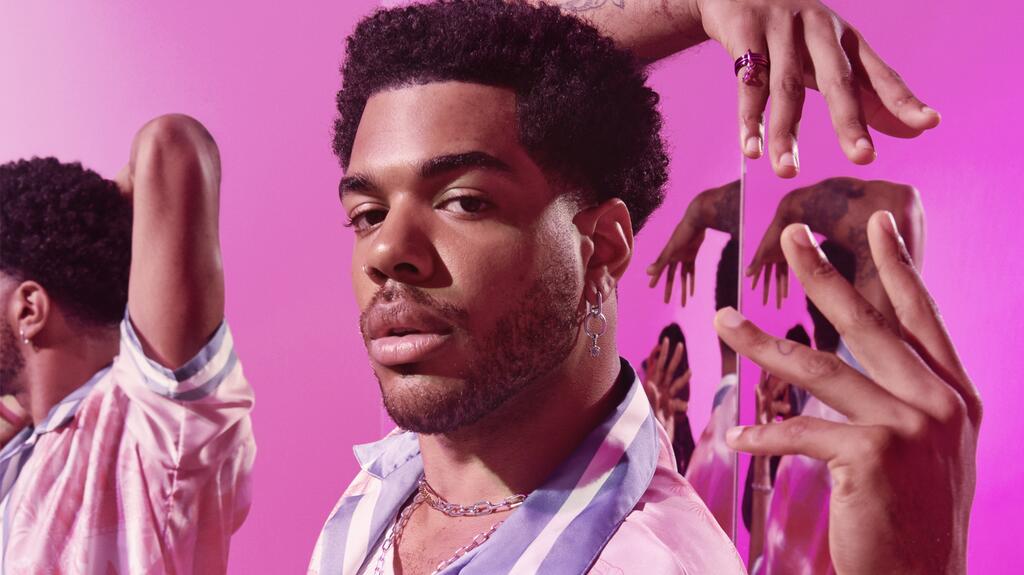
It was then I realized, Pandora is not interested in marketing to me anymore, at least not in this campaign.
Pandora’s recent presentation for its Capital Markets Day notes that the company is zeroing in on Gen Z and millennial shoppers.
I’d like to pause and remind everyone exactly what those labels mean.
Some of us hear “millennial” and think of much younger shoppers, but that’s no longer the case for the oldest members of this generation.
If you were born between 1981 and 1996, you’re a millennial. So, I’m a millennial at age 26 while the oldest Gen Yers turn 40 this year.
Gen Z consumers were born between 1997 and 2012, making the youngest around 9 and the oldest about 24.
It’s no easy feat to appeal to grade-schoolers and those entering their 40s, but Pandora has analyzed the groups and has a plan in place.
Gen Z and millennial consumers are projected to make up more than 60 percent of the luxury market by 2026, up from 39 percent in 2019, noted Pandora in a presentation.
To gain relevance with these shoppers, Pandora has narrowed in on five key behaviors.
These shoppers are digital natives so you need to meet them where they are, hence its focus on online shopping.
Inclusivity is incredibly crucial.
The company has set a goal to find a gender balance in its hiring and promotion practices. It intends to have one-third women in leadership positions, meaning the vice president level and above, by 2025 and achieve full gender parity no later than 2030.
Pandora also intends to spend 30 percent of its branding content budget with suppliers owned by women or underrepresented groups.
The company also noted that shoppers in these age groups are pragmatic and conscious of time and money. Pandora has several affordable options available for shoppers.
They’re socially conscious, which partly explains the company’s slew of sustainability initiatives.
They’re also creative and seek ways to express their individuality, like I did when I stacked my Pandora bracelet with coffee and cat charms.
A Charming Conclusion
Will Pandora’s “Phoenix” strategy work? Will it rise from the ashes, as the name implies?
I spend a lot of time researching and covering retailers, both inside and outside of the jewelry industry.
Everyone has a new growth strategy, a cure-all turnaround plan that’s going to fix everything.
I don’t know if Pandora’s plan will do what its executives think it will, but I do think the company has a pretty good handle on where its priorities should be, particularly its sustainability efforts.
It appears to be about actionable change, like creating new packaging and holding its suppliers accountable, rather than lip service.
And when it comes to younger shoppers, it’s good business to be a good business.
If Pandora puts its sustainability efforts at the forefront, eco-conscious consumers should respond to that.
And when they do respond, it’ll have the marketing in place to grab their attention, the data to know what they want, and the digital infrastructure to serve its new customers.
I look forward to seeing how this plays out. And if you ever have a Danish kroner conversion-related question, please feel free to reach out.
The Latest

Guthrie, the mother of “Today” show host Savannah Guthrie, was abducted just as the Tucson gem shows were starting.

Butterfield Jewelers in Albuquerque, New Mexico, is preparing to close as members of the Butterfield family head into retirement.
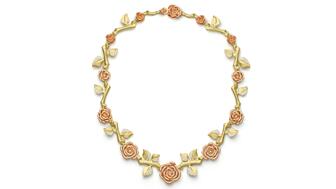
Paul Morelli’s “Rosebud” necklace, our Piece of the Week, uses 18-karat rose, green, and white gold to turn the symbol of love into jewelry.
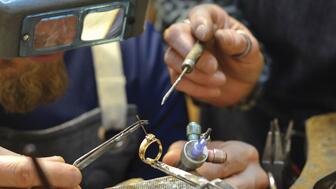
Launched in 2023, the program will help the passing of knowledge between generations and alleviate the shortage of bench jewelers.

The nonprofit has welcomed four new grantees for 2026.


Parent company Saks Global is also closing nearly all Saks Off 5th locations, a Neiman Marcus store, and 14 personal styling suites.
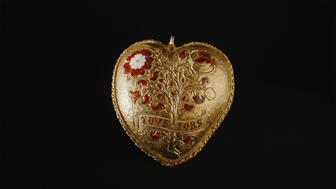
It is believed the 24-karat heart-shaped enameled pendant was made for an event marking the betrothal of Princess Mary in 1518.

Criminals are using cell jammers to disable alarms, but new technology like JamAlert™ can stop them.
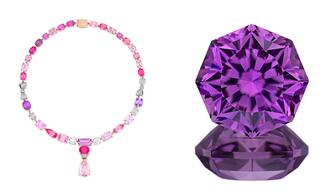
The AGTA Spectrum and Cutting Edge “Buyer’s Choice” award winners were announced at the Spectrum Awards Gala last week.
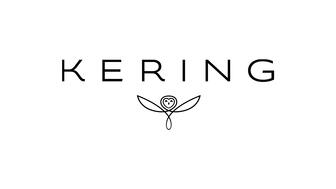
The “Kering Generation Award x Jewelry” returns for its second year with “Second Chance, First Choice” as its theme.
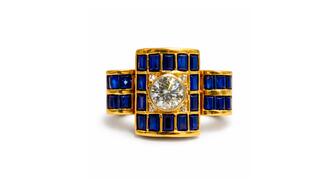
Sourced by For Future Reference Vintage, the yellow gold ring has a round center stone surrounded by step-cut sapphires.
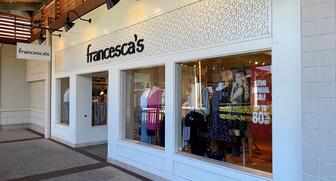
The clothing and accessories chain announced last month it would be closing all of its stores.

The “Zales x Sweethearts” collection features three mystery heart charms engraved with classic sayings seen on the Valentine’s Day candies.

The event will include panel discussions, hands-on demonstrations of new digital manufacturing tools, and a jewelry design contest.

Registration is now open for The Jewelry Symposium, set to take place in Detroit from May 16-19.
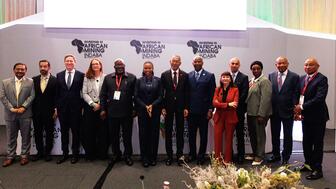
Namibia has formally signed the Luanda Accord, while two key industry organizations pledged to join the Natural Diamond Council.

Lady Gaga, Cardi B, and Karol G also went with diamond jewelry for Bad Bunny’s Super Bowl halftime show honoring Puerto Rico.
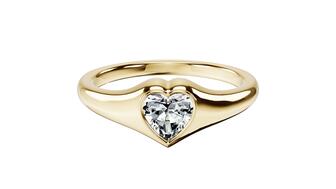
Jewelry is expected to be the No. 1 gift this year in terms of dollars spent.
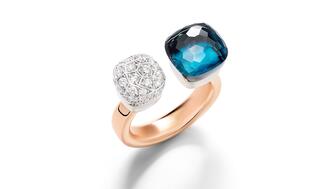
As star brand Gucci continues to struggle, the luxury titan plans to announce a new roadmap to return to growth.
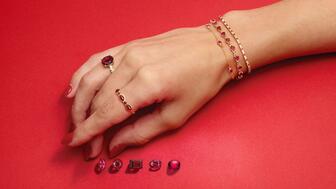
The new category asks entrants for “exceptional” interpretations of the supplier’s 2026 color of the year, which is “Signature Red.”
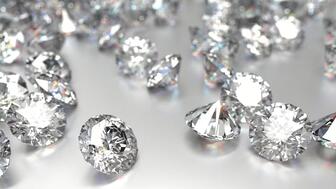
The White House issued an official statement on the deal, which will eliminate tariffs on loose natural diamonds and gemstones from India.
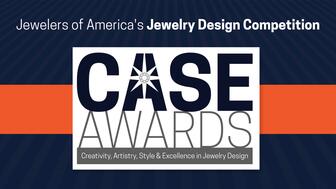
Entries for the jewelry design competition will be accepted through March 20.

The Ohio jeweler’s new layout features a curated collection of brand boutiques to promote storytelling and host in-store events.
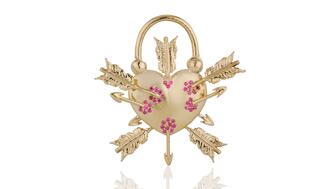
From heart motifs to pink pearls, Valentine’s Day is filled with jewelry imbued with love.

Prosecutors say the man attended arts and craft fairs claiming he was a third-generation jeweler who was a member of the Pueblo tribe.
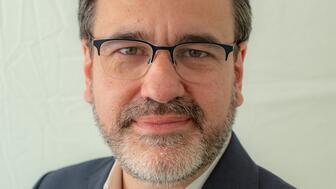
New CEO Berta de Pablos-Barbier shared her priorities for the Danish jewelry company this year as part of its fourth-quarter results.
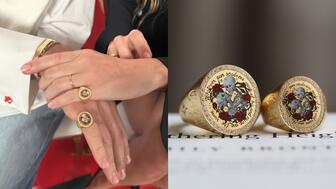
Our Piece of the Week picks are these bespoke rings the “Wuthering Heights” stars have been spotted wearing during the film’s press tour.




